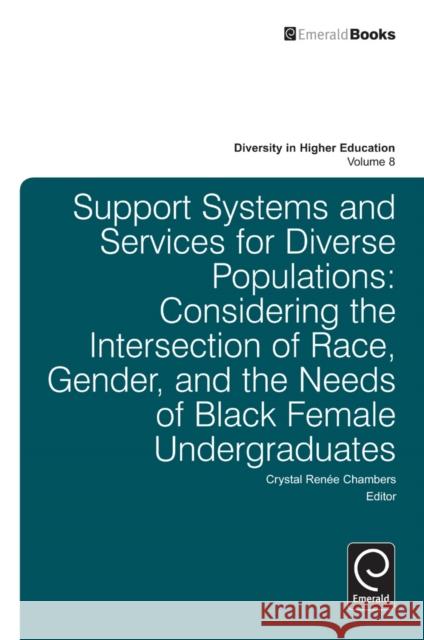Support Systems and Services for Diverse Populations: Considering the Intersection of Race, Gender, and the Needs of Black Female Undergraduates » książka
Support Systems and Services for Diverse Populations: Considering the Intersection of Race, Gender, and the Needs of Black Female Undergraduates
ISBN-13: 9780857249432 / Angielski / Twarda / 2011 / 250 str.
Support Systems and Services for Diverse Populations: Considering the Intersection of Race, Gender, and the Needs of Black Female Undergraduates
ISBN-13: 9780857249432 / Angielski / Twarda / 2011 / 250 str.
(netto: 446,76 VAT: 5%)
Najniższa cena z 30 dni: 463,37
ok. 30 dni roboczych.
Darmowa dostawa!
More than identity politics, intersectionality regards the inability of institutional structures to remedy discrimination because of the intersection between social dynamics which are often discretely conceived (Crenshaw & Dill, 2009). For a set of Black women workers in the manufacturing context, the court found that they were not discriminated against on the basis of their race, because Black male workers were hired for manufacturing positions. Those Black women were not discriminated against because of their gender, because there were White women hired for the front office. Those Black women workers were caught at the intersections of race and gender discrimination laws and left their employment without an effective remedy (Crenshaw, 1989). This intersection metaphor is worth examining in the higher education context as we consider that the majority of students on most U.S. campuses are women (Allen, Dean, & Bracken, 2008), and an increasing number of these women are not White; yet, most campuses have support services targeted at African American and/or multicultural student affairs and women's services which are generally targeted at White women. This volume will focus on the subpopulation of Black female college students, examining institutional and non-institutional supports for their persistence to the undergraduate degree.











